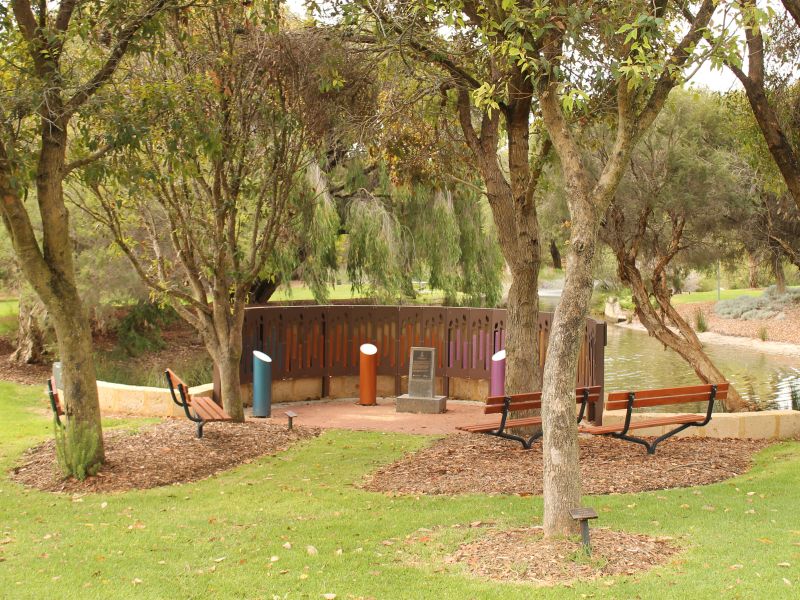OUR NURSING HERITAGE - The Vyner Brooke Tragedy
Lost At Sea
On 12 February 1942, sixty-five Australian Army Nurses were ordered to evacuate Singapore to escape the advancing Japanese Army. Along with many civilians, they boarded the ship “Vyner Brooke”.
Two days later the ship was discovered by enemy aircraft, bombed, strafed, and within fifteen minutes had sunk. After helping as many people as they could abandon ship, the surviving nurses jumped into the oily sea filled with bodies and bobbing heads.
Some nurses died as a result of the bombing, some drowned and others were swept away by the strong currents to a lonely death.
Massacred
After struggling for many hours in the water, twenty-two landed at Radji Beach on Bangka Island and set up a makeshift hospital under a Red Cross banner. They were joined by British soldiers from another sunken vessel.
A Japanese patrol arrived, took the men behind a bluff and slaughtered them with horror. The nurses realised what was going to happen. When ordered to by the Japanese, they walked into the water in silence, heads held high, some holding hands, some holding injured friends, as they were executed by a hail of machine gunfire.
Nurse Vivian Bullwinkel, although shot, feigned death and lived to tell of the atrocity.
Prisoners of War
Thirty-two nurses came ashore on another part of the island. They were taken to Muntok and imprisoned along with many civilians for over three and a half years, in different camps. They were starved, beaten and humiliated.
Food and medicine were deliberately withheld, as were Red Cross parcels which would have ensured medication and drugs for the sick. As malnutrition and poor hygiene became an issue, the women became susceptible to a variety of tropical diseases.
Eight nurses died in 1945. The other nurses, despite their own weakened condition, made the coffins, dug the graves, then donned their Army uniforms to afford a proper military funeral for their friends.
Returned Home
In August 1945, the nurses were liberated and headed home to families and welcoming crowds.
The conclusion of the war did not signify the end of friendships, and while many of the nurses’ lives changed with careers, marriages and having children, the bond of camaraderie was not broken. These Australian nurses showed stoicism in the face of danger and a sardonic sense of humour which kept them motivated through the most difficult of times.
They always retained their fierce allegiance to each other, the Australian Army Nursing Service and to Australia. Only twenty-four of the original sixty-five nurses returned to Australia. Those who did not will never be forgotten.
 Western Front Association Central Victoria Branch
Western Front Association Central Victoria Branch